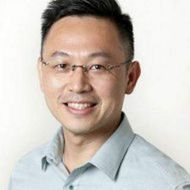China seeks Taiwan research talents in semiconductor industry
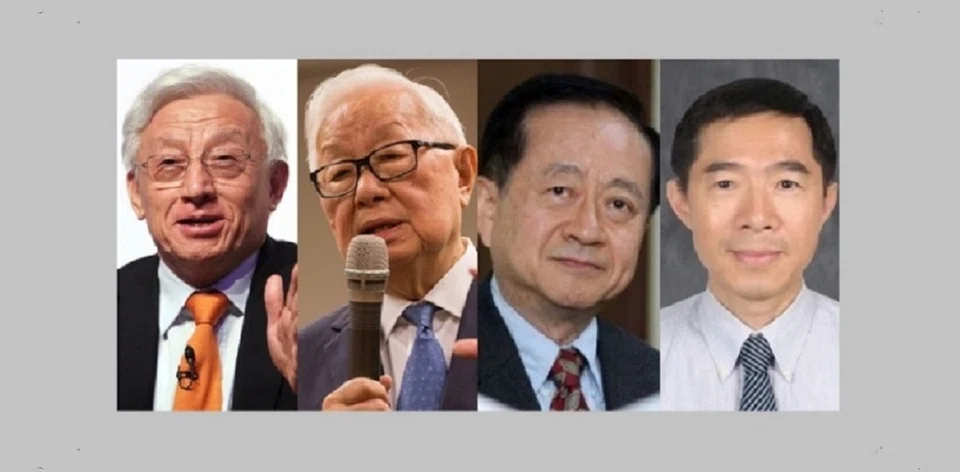
All in one day, the semiconductor industries of Taiwan and the mainland saw the playing out of "thawing of relations" and "intense infighting" respectively. Chairman emeritus of United Microelectronics Corporation (UMC) Robert Tsao and founder of Taiwan Semiconductor Manufacturing Company (TSMC) Morris Chang, both known to be feuding, shook hands and greeted each other on stage at an award ceremony. The media dubbed these pleasantries as the reconciliation of the century and the highlight of the event. At the same time, there was intense infighting at China's Semiconductor Manufacturing International Corporation (SMIC), involving two former high-level executives from TSMC.
According to experts interviewed by Zaobao, the smile of reconciliation exchanged by Tsao and Chang speaks of Taiwan's years of investment in attracting top research talent and building a supply chain ecosystem comprising thousands of semiconductor-related enterprises. On the other hand, SMIC's repeated attempts at winning over key talents of TSMC also demonstrates the mainland's hopes of breaking free from the US's suppression and gaining autonomy in chip making. (NB: The US has just announced that it is adding SMIC and other Chinese companies to its export blacklist.)
A tale of two semiconductor industries
Hailed as "Taiwan's Silicon Valley", the Hsinchu Science Park celebrated its 40th anniversary on 15 December. Chang and Tsao were there to receive awards for their outstanding contributions to the science park. Both men had not met for nearly two decades and were seated on different ends of the stage. However, Tsao walked towards Chang as soon as he got on stage and shook the latter's hand. After they received their awards, the pair shook hands again and exchanged greetings; Chang even smiled and patted Tsao's shoulder. Tsao said at an interview later that they wished each other good health. He had also praised TSMC and said that he would arrange a time to meet with Chang soon.
Liang, a technology genius with over 500 patents under his name, has been dubbed "TSMC's number one traitor" by Taiwan media.
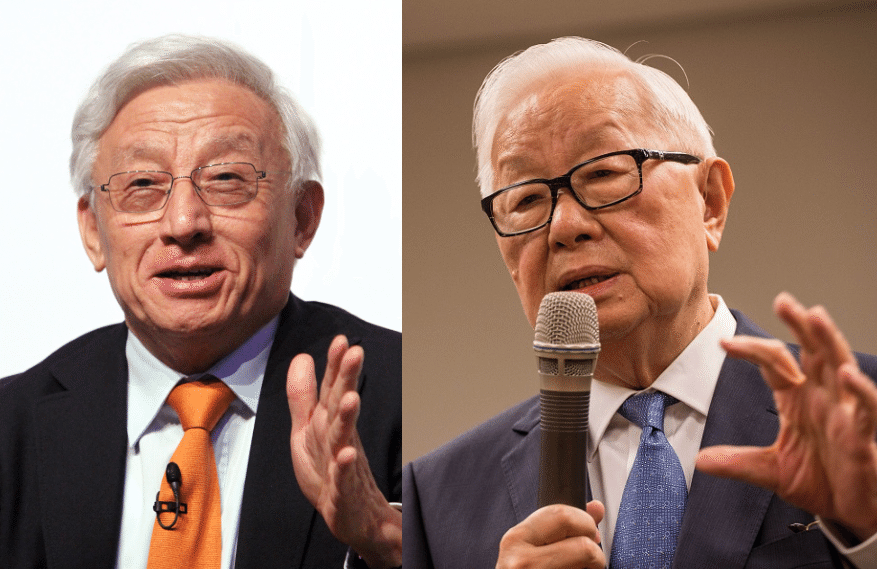
That same day, mainland semiconductor giant SMIC announced that it had appointed former TSMC co-chief operating officer Chiang Shang-yi as the company's vice chairman, while current SMIC co-chief executive officer Liang Mong-song quit abruptly as he felt that he was "no longer respected and trusted". Chiang had resigned from his CEO position at Wuhan Hongxin Semiconductor Manufacturing Company six months ago. Previously, he had been Liang's superior when they were both working at TSMC's research and development department. Both men had played critical roles in establishing TSMC's world-leading position in advanced semiconductor process technology.
Liang, a technology genius with over 500 patents under his name, has been dubbed "TSMC's number one traitor" by Taiwan media. He had jumped ship in 2011, joining Korea's Samsung and leading it to surpass TSMC at one point. Over the past three years, he has also played an integral role in SMIC's plans to develop 7nm chips. However, Chiang denies that he is a traitor and says candidly that the terms of his contract in the mainland are less favourable than what he had previously received in TSMC, and that he is dedicated to pursuing technological ideals such as achieving breakthroughs in integrated circuit packaging and chiplet technology.
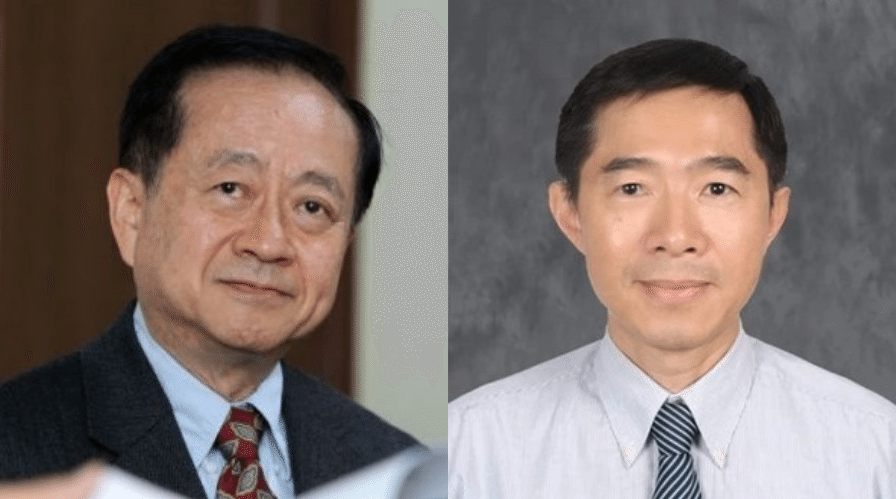
Taiwanese talent and expertise in demand
It is coincidental and yet a sign of the times that a historic "thawing of relations" between two titans of the Taiwanese semiconductor industry took place while two Taiwanese tech geniuses were caught up in a personnel conflict in the mainland.
Institute for Information Industry senior industry consultant and senior director John Chen told Zaobao that both sides of the Taiwan Strait are aware of the need to develop cutting-edge semiconductor technology, find the right talents, and give policy support to the industry.
The industry expert with 31 years of experience said, "35 years ago, the Taiwanese government invited Chang to return from the US to spearhead the Industrial Technology Research Institute and transfer technology to the enterprises. The government also sent top talents to universities at home and abroad and let the semiconductor industry use profit sharing as a carrot to attract talents.
Chen said that while these efforts "are admirable", it would be difficult for China to achieve its goals by "only targeting senior executives and not the entire tech team". Besides, Taiwan's current environment is more attractive to tech talents.
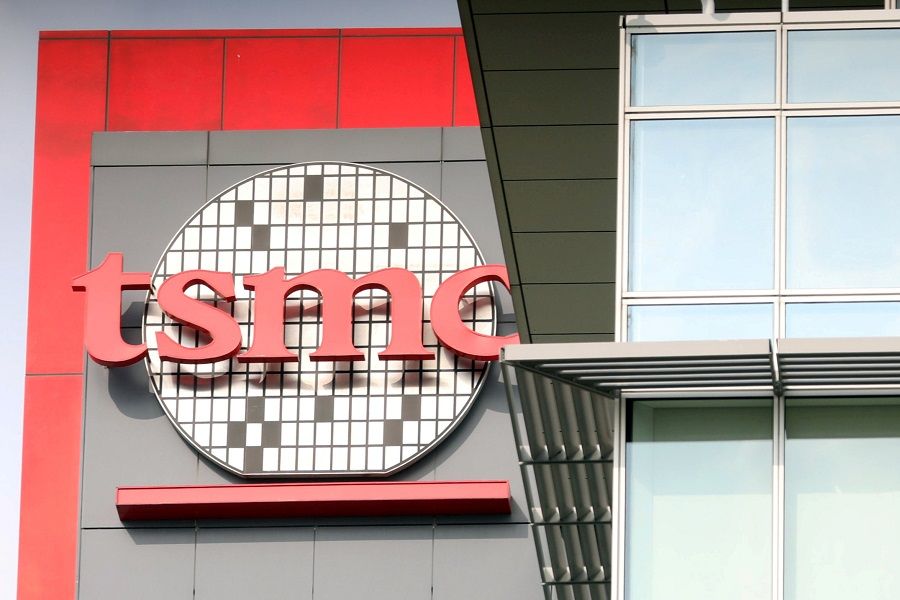
"Chang and Tsao's 'thawing of relations' moment illustrates a global vision and their focus on the bigger picture. This will serve as a good example for the younger generation; people will see that the years of competition and tech cooperation with various countries between semiconductor giants TSMC and UMC have given rise to tens of thousands of semiconductor-related enterprises in Taiwan. It has also created a dynamic supply chain ecosystem where hundreds of thousands of employees work in the upstream, midstream and downstream processes of the integrated circuit design, manufacturing, packaging, and testing industries."
On the mainland's ambition and steps taken to win over and nurture talents, as well as to gain autonomy in chipmaking, Chen said that while these efforts "are admirable", it would be difficult for China to achieve its goals by "only targeting senior executives and not the entire tech team". Besides, Taiwan's current environment is more attractive to tech talents.
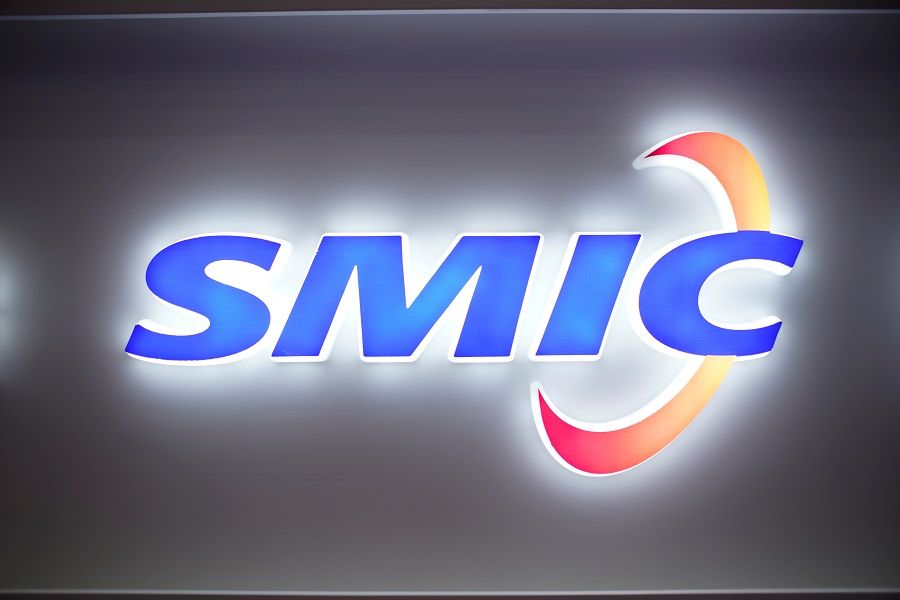
Speaking about SMIC's recruitment of Chiang, Edward Huang, director of an investment company and an expert in economics and mainland analysis, told Zaobao that this move is more of a forward-looking strategy in view of the China-US tech war and may not necessarily be targeted at Liang.
Huang said that amid the US's Huawei ban and sanctions on Chinese enterprises like SMIC that have cut off its high-end chips supply, Chiang can not only seek breakthroughs in packaging and chiplet technology, but also allow SMIC to make use of his "strong partnership with the Netherland's ASML following their long-time cooperation" to import extreme ultraviolet lithography machines that the mainland's semiconductor industry urgently needs.
